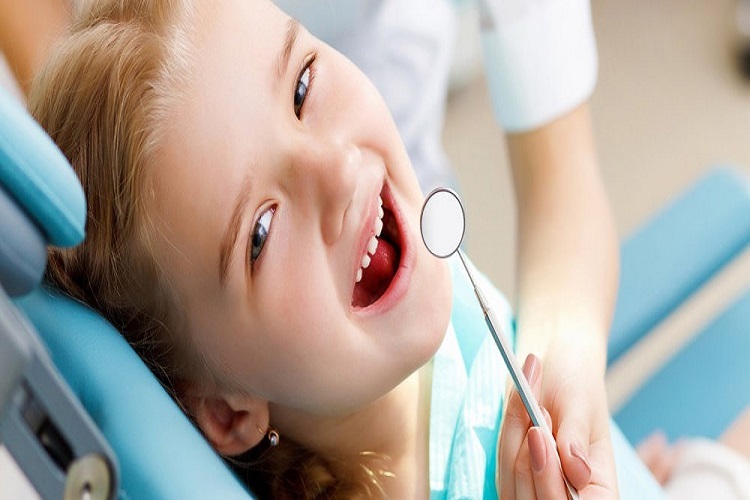What You Need to Know About Preserving Milk Teeth
What action do you take to protect your child’s milk teeth? How much do you care about your child’s growing milk teeth? Have you ever wondered what damage negligence in caring for these teeth can have in adulthood? Do you know what role these teeth play in your child’s speech? An experienced pediatric dentist in Mississauga explains that neglecting your children’s teeth can lead to minor to severe dental issues when they grow up. If you are thinking about your child’s baby teeth, you should know you are dealing with a very important issue.
Table of Contents
The Effect of Preserving Milk Teeth on Speech
Baby teeth play an important role in children’s speech. If the front teeth are lost before the child is able to speak, it will prevent the correct pronunciation of words. Severe tooth loss or decay changes the tooth’s crown and leads to the incomplete pronunciation of words. This problem may continue into adulthood and never go away. Children who face this problem may be teased at school and suffer emotional trauma.
The Effect of Milk Teeth on the Health of Permanent Teeth in Adulthood
As we know, tooth decay is one of the main reasons why people go to the dentist. Have you ever wondered what could be the cause of tooth decay in adulthood, even with proper care? One of the causes of tooth decay in adulthood is the early loss of milk teeth in childhood. Decay of baby teeth can cause root infection of permanent teeth and weaken the enamel and dentin of those teeth. Also, the decay of baby teeth may cause microbial accumulation in the vicinity of permanent teeth. These issues cause permanent teeth to deteriorate earlier in adolescence and adulthood.
The Role of Milk Teeth in the Growth of Permanent Teeth
Another role of milk teeth is to maintain space. In fact, each baby tooth is responsible for maintaining space for a permanent tooth. When a milk tooth is extracted, its space is completely closed after six months, and as a result, the growth of the permanent tooth becomes difficult. Also, the extraction of milk teeth causes the permanent teeth to grow hidden or towards the cheek or tongue due to inappropriate space. Therefore, an orthodontist recommends that if a milk tooth is pulled before the appropriate time, a device called a “space retainer” should be used in its empty place.
The Role of Milk Teeth in Nutrition
Another function of baby teeth is chewing. Milk teeth start to grow at about 6 months and are completed by about 2 years. These teeth play an important role in the child’s nutrition until the age of 7, which is the time when permanent teeth grow. If these teeth are rotten, stretched or crooked, it will be difficult for the child to chew. Therefore, it will cause anorexia and bother the child while eating.
On the other hand, anorexia causes tooth decay. You may ask how? The answer is simple, when the child does not eat enough, he does not receive enough vitamins and minerals, and this factor will cause tooth decay.

